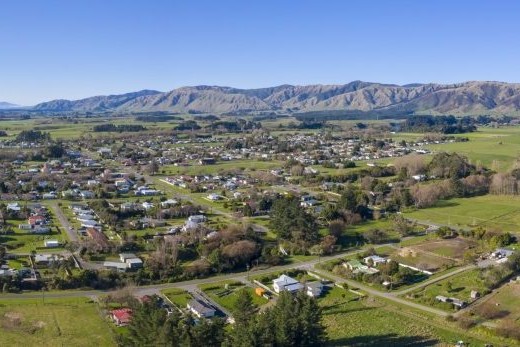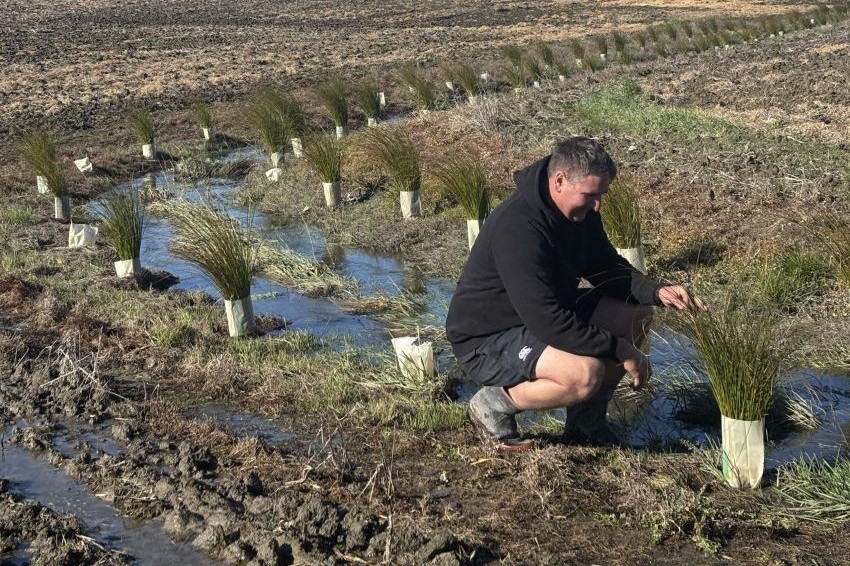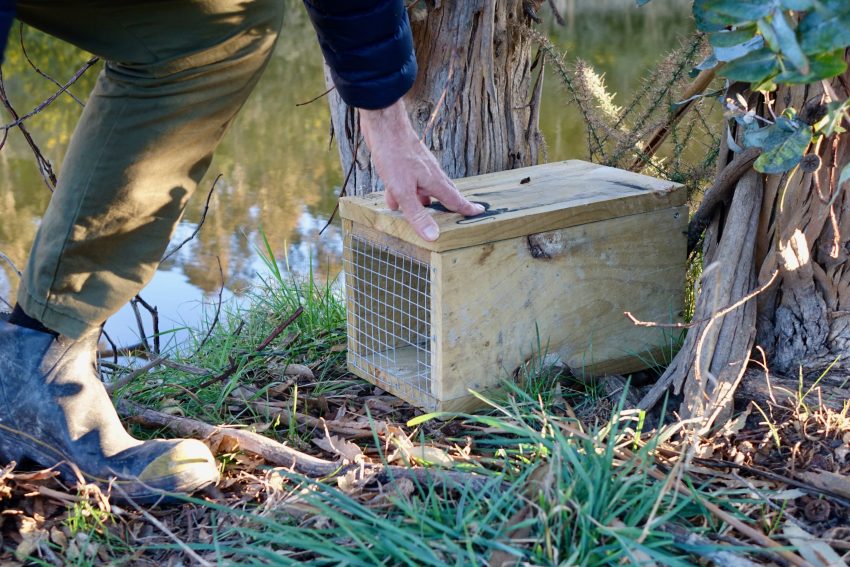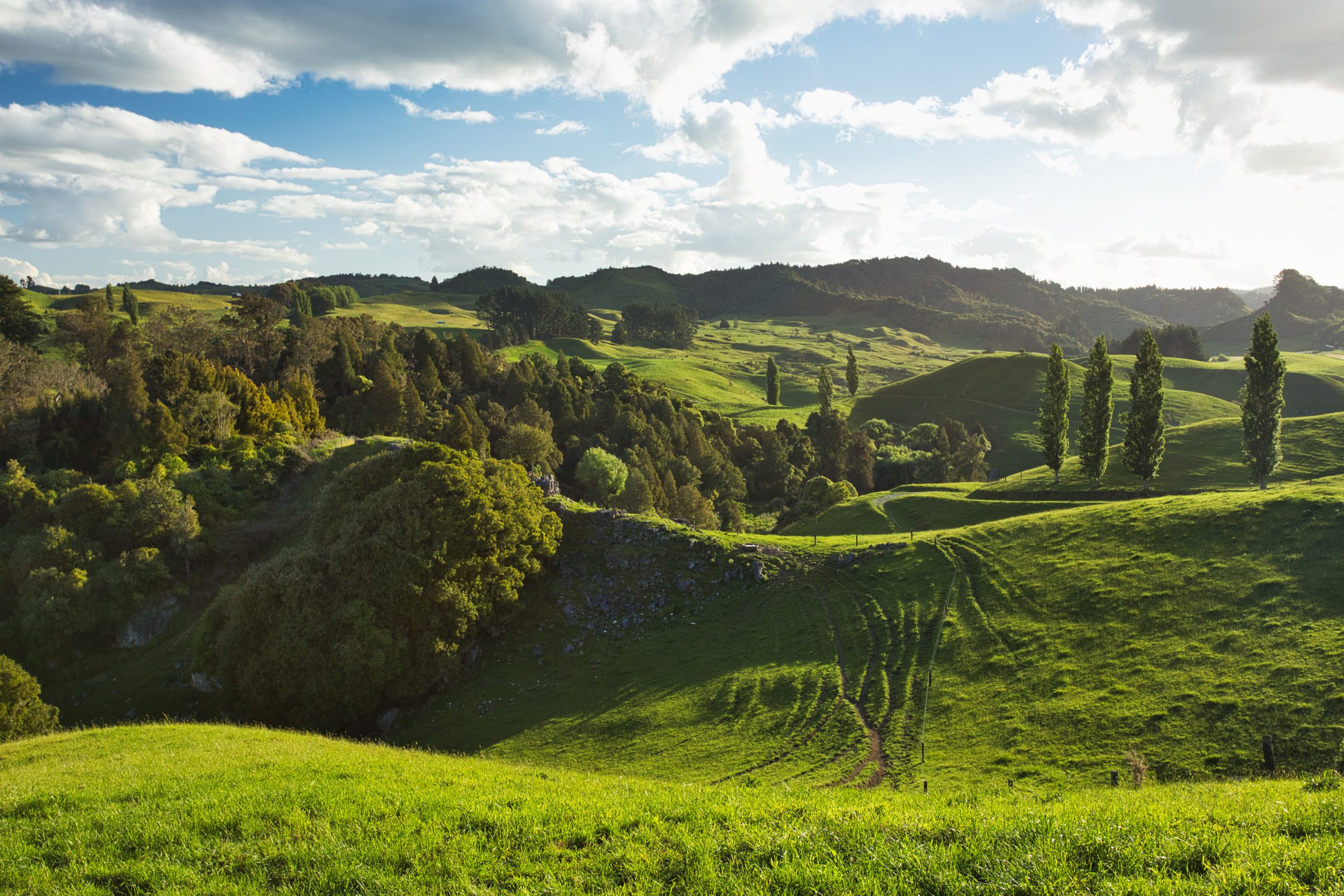Defying the status quo
Millions of young native plants have benefitted from the protection of EmGuard, a cardboard tree guard, predominantly made of recycled pulp. Annabelle Latz reports.
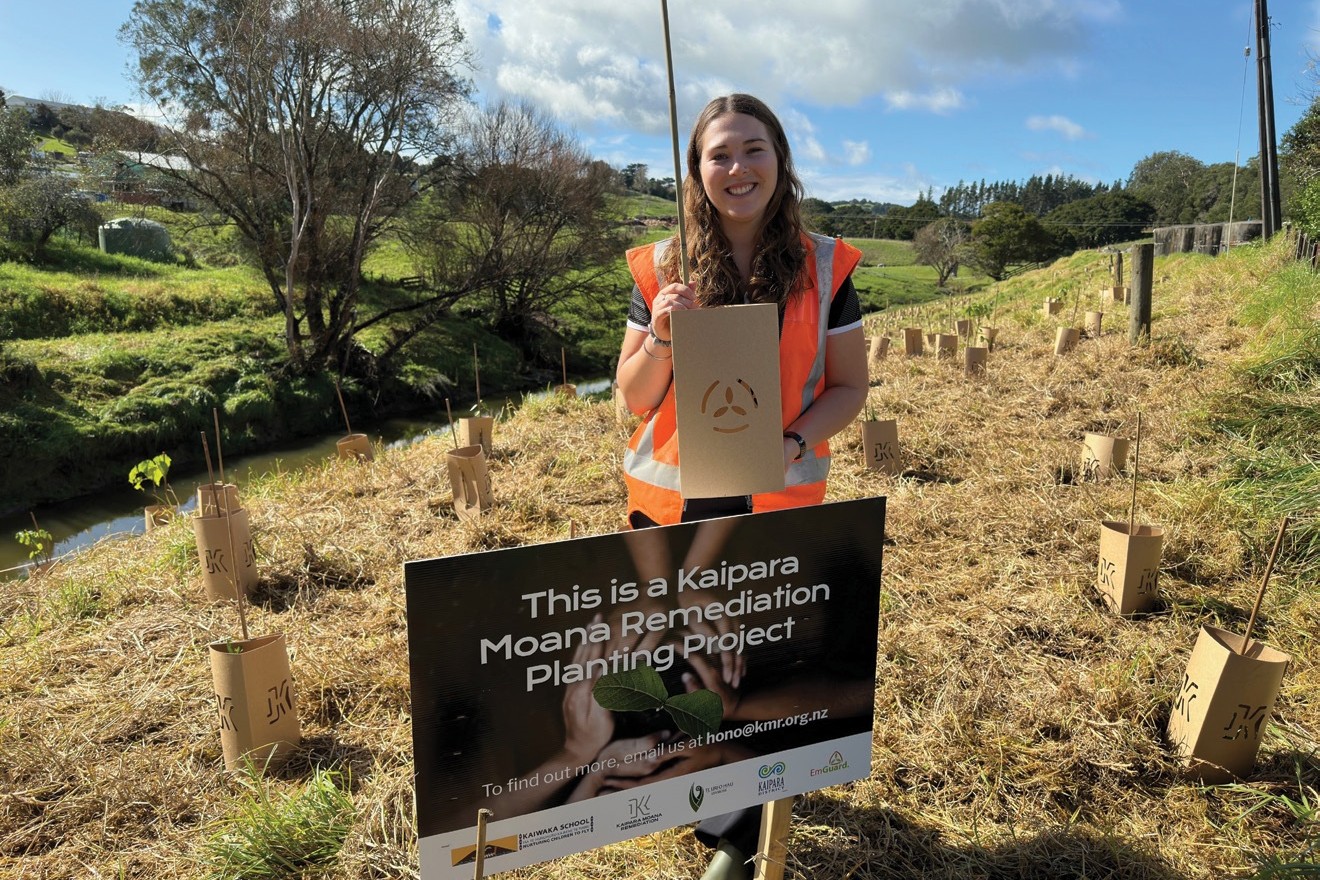
 Emma Fryer was in her mid-teens when she had a significant ‘I’ll show you’ moment.
Emma Fryer was in her mid-teens when she had a significant ‘I’ll show you’ moment.
In the Nelson region’s Marsden Valley, while planting native trees with her dad Rob, she questioned why they were using plastic tree guards.
She did not accept the answer that ”it was just the way the industry did it”.
That was eight years ago. Today, more than two million young native plants across New Zealand, and in Rarotonga, Tahiti and Samoa have been planted out with the protection of an EmGuard. This is a cardboard tree guard, predominantly made of recycled pulp.
“I could definitely see the potential for change,” 24-year-old Emma says, sitting at her parents’ kitchen table in Hira, just outside of Nelson.
She has noticed a substantially stronger growth rate in young plants protected by this natural product, rather than plastic.
Emma says it’s about providing the young plant a light well, which is achieved with the cardboard.
“We expect a root trainer grade plant to grow twice the height of the guard in the first year and we tend to get a 90% more strike rate, compared to around 40% to 60% we have seen in plastic guards.”
EmGuards have in turn changed the expectations around success for our clients too.
“We just realised how badly our industry had been doing this, the plants were turning crispy in the plastic because they were cooking in the heat.”
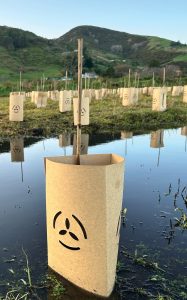
Planting trees is what Emma has been surrounded by her whole life, being very involved in her family business FuturEcology, operated by her parents Jan and Rob Fryer. Launched in 2014, FuturEcology is a consultancy for businesses and individuals undertaking restoration projects, mostly wetlands and riparian plantings.
The Fryers are involved in the entire process, from ground and site preparation, to planting, weed control and continued project support. EmGuard is now part of this picture.
During her final two years at Nelson College for Girls, Emma was part of Young Enterprise where she began to create the concept of EmGuard. At the end of 2017 as she was finishing school, her mum Jan came across a waxed cardboard flooring.
“I bought some, and on the floor, I cut up 34 samples. I then installed them and the flaxes thrived, that was a really interesting learning curve for me.”
EmGuard was launched in 2018, and after a year overseas upon completion of school, Emma undertook a Bachelor of Commerce at Wellington’s Victoria University, majoring in entrepreneurship and innovation.
Rob says at the time of inception, there was no other product like it on the market, so it was a tough task to set a price which would both look after the customers but also make EmGuard a viable business.
“It almost didn’t take off, but we got there. The turning point was larger scale, volumes, and people’s realisation that plastic was not the right product,” Rob says.
EmGuard is manufactured in Hamilton.
Rob believes as a family they would never have got there if it hadn’t been for Emma pushing it.
Emma says a lot of it was down to good timing.
“And I am quite stubborn,” she admits with a grin.
She is still involved in Young Enterprise, mentoring.
This year Emma was nominated as a Young Enterprise Alumni in the environment category, she was thrilled to make the finals, a special inspiring acknowledgement.
The Fryer family is not one to rest, Rob says they are in the final stages of creating the app ‘Pocket Restoration Aotearoa’ which will support people with their own restoration projects. Currently web-based, there are quizzes to help with plant choices, and modules with activities to assist with learning.
“Activities lead into plans, plans can then be submitted to councils for funding, or they can implement their own. It includes anything from a small area to big one,” Rob says.
They take it for granted that people know how to plant a plant, but it is increasingly obvious that this is not true.
“We want to educate people to know the difference between a spade and a shovel and how to help their plantings thrive. The app will help people with the whole lot.”
Providing people with the knowledge and ownership is vital for the progress of land restoration throughout NZ.
The Fryers’ skill for planting was proven during the Tasman floods of August 2022. They had 30,000 plants under water, but lost just 10% where an entire bank slipped.
“It comes down to good planting. Restoration is not just about plants in the ground, it’s as much to do with the preparation and after care,” Emma says. She is the first to admit she does not like being told she can’t do something, or that an idea won’t work.
“Figure out your why, figure out your passion, and be authentic.”
The Fryers know they are fortunate to work together, and be closely involved in some really positive projects, with a great team of staff and inspiring clients.
“We have got to be involved in some really cool stuff tucked away that no one knows about. It’s also pretty neat working alongside Emma, I often say ‘how lucky am I,’” Rob says.

